Background To the Leadership Crisis
The countries of the African diaspora including Latin America and the Caribbean, are currently experiencing devasting social development and environmental problems: Severe increase in temperatures, prolonged drought, unusual flooding and, early onset of hurricanes and increase in severity. All these natural phenomena are worsened by the Climate Crisis affecting the global community. To compound these issues, there is also an increase in the wealth gap between developing and developed countries resulting in: food insecurity and the threat of famine in some regions; civil unrest sparked by a response to unjust government Policies; increase foreign debt and a noticeable reduction in Gross Domestic Product (GDP); and not the least is the wanton and obscene corruption by government officials.
These issues both natural and human-caused are not insurmountable; their analysis, approach, and resolution require creative, deliberate, and consistent progressive leadership by those who govern. The following comments although common throughout the diaspora, are confined to the Jamaican experience.
Colonialism and Its Aftermath on Leadership
The crisis in leadership is best seen within the context of colonialism and its legacy of cultural and ideological dysfunction. During the era of the National Liberation struggles, many countries on the African Continent were forced to deliberately and militarily engage the colonial oppressor; this engagement brought about the “independence” of these countries from colonial occupation. Except for Cuba which engaged the Spanish colonialists militarily, the remainder of the Caribbean negotiated their “independence” from the oppressor. However, such a situation provided a psychological disconnect and resulted in a type of deference to the enemy, long after the overthrow of colonialism. There is a marked difference between the socio-political interaction of those victims of colonialism who had to fight for their freedom and, those who “negotiated” for their freedom.
With the relative departure of the colonialists from their colonies, the colonialists were forced to adopt to the new conditions; the colonialists continued their domination of oppression and exploitation through the export of capital: licensing and Patent Agreements; financial and economic consultants contracts; mining and extraction Agreements; military training and “experts;” and the most devasting is the ties to international financial institutions such as The World Bank, The InterAmerican Development Bank (IADB) and the notorious International Monetary Fund (IMF). The colonialists deliberately left the country in such a state of dependence, which should the respective country wish to carry out national development projects, they are forced to enter into loan agreements with these institutions at extremely disproportionate Terms. In the post-independence era, most of these new governments had the mistaken notion that they should borrow their troubles away or that social development cannot succeed without foreign capital. This ideology was further reinforced by “technocrats,” who were petty bourgeois social climbers steeped in capitalist ideology. The “debt trap” is a neocolonial condition.
During the colonial years and early in the post-independence era, economic dislocation created a vacuum in the system. Most of the upper-level positions in industry were held by expatriates; similar positions in government were held by light-skinned colonial sympathizers. Job training was extensively confined to everyday monotonous and non-technical tasks. During the anti-colonial struggles, the colonialists left and took their machinery and technical know-how with them, tantamount to holding the country to ransom. However, what often goes unnoticed by so-called analysts is the intellectual dysfunction and cultural disconnect that colonialism created in its “wake.” Colonial academic training was geared to serving the interests of the colonial masters. After “independence” the colonialists left the country but kept in place a local intellectual class that is tied ideologically and culturally to the colonial empire; they willingly carry out the wishes of their former masters.
Early in the post-independence period, successive Jamaica Labor Party (JLP) Administrations, local indigenous culture was systematically suppressed, demonized, and ridiculed. Local dialect in the workplace, schools, on the radio and on television was considered out of place and representative of an “underclass.” The discussion of anything complimentary to Africa or African culture was effectively treated with cynicism; further, any reference to National Liberation struggles or its heroes was also tabooed. The JLP banned books by African scholars or National Liberation heroes; books on African culture, the Black Power Movement and liberation struggles, were considered “subversive” by the government. That was the same pretext the JLP government used to prevent Dr. Walter Rodney from re-entering Jamaica in 1968, after he attended a conference of Black writers in Canada.
The obscenest case of this cultural and ideological backwardness was evidenced in the infamous Coral Gardens oppression against Rastafarians in April of 1963. What was a property ownership dispute, based on social injustice and inequity, escalated into a violent conflict between police and the Rastafarians. The government’s response led by Sir Alexander Bustamante was to “bring in all Rastas, dead or alive.” The same Bustamante ordered the burning of a Rastafarian village in the Parish of Saint Cathrine, almost a decade earlier. The demonization, constant police harassment including the arbitrary arrests of Rastafarians, continued for decades. Intrinsic in this is an educational system that was formulated by colonialists for continued colonial influence and “domination.”
National Liberation vs Neoliberalism
Despite its shortcomings both ideologically and practically, the Manley era provided some semblance of national liberation from the evils of colonialism. The pursuit of this path of socio-economic development was met with a ruthless and devasting response from both the former colonial power and US imperialism in particular. The end result was that the Peoples National Party (PNP), was roundly defeated in the 1980 General Elections that ushered in an escalation of the “investment by invitation.” That ideology, characteristic of the Jamaica Labor Party (JLP), which was a total capitulation to imperialism and neoliberal Policies, continued even under a PNP Administration later. The PNP decidedly and voluntarily abandoned progressive reforms in favor of neoliberalism. Time does not allow for a detailed analysis of the devastating impact neoliberalism has had on the Jamaican working class, but some needs mentioning.
The country is plagued with a continuing deteriorating Health Care System characterized in part by shoddy hospital facilities; shortage of Health Care personnel; shortage of beds and medical supplies and exorbitant prescription costs, among others. It is not necessary to be a member of the Health Care profession to notice that the System under the buffoonery leadership of Dr. Christopher Tafton the Minister of Health is tethering on the brink of collapse. Dr. Tufton can be compared to Midas, although not complimentary. Everything the proverbial Midas touched turned into gold; in this case everything Dr. Tufton touches turns into a disaster. Patients attending the hospitals for care can be seen sleeping on chairs or cardboard on the floor, while waiting hours to see a doctor.
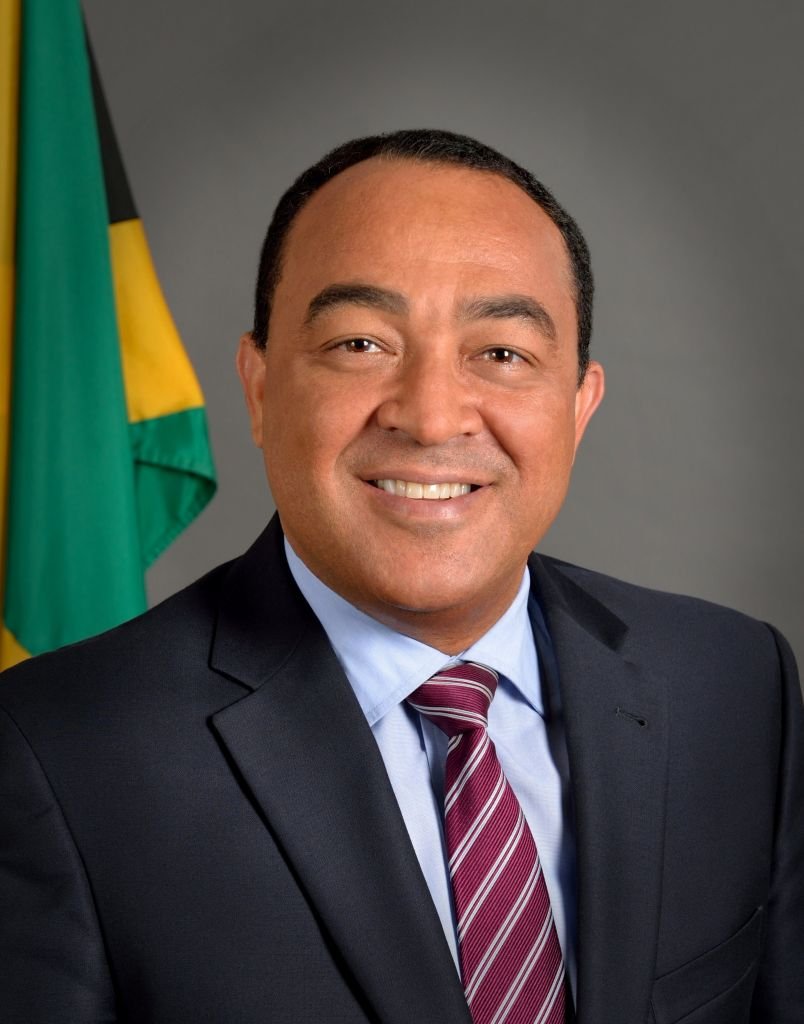
The Honorable Dr. Christopher Tufton, Minister of Health - Photo: moh.gov.jm
Recently, a prominent soccer player and a Senator from the parliamentary opposition went to the hospital; to their dismay they could not get a bed. A Jamaica Labor Party Minister (JLP) had to intervene, or else the outcome could have been tragic. This also shows the double standard that exists in the Health Care System. The said Minister of Health Dr. Christopher Tufton, was involved in a motor vehicle accident and was swiftly rushed to the Ronnie Thwaites Center at the University Hospital. On his arrival he had choices of any bed he wanted. What kind of leadership is this? There are no beds for the ordinary citizen attending the hospital; at the same time the nurses and porters are taking the best care of him. This specialized treatment is inappropriate and unacceptable.
The Shadow Minister of Health for the opposition Peoples National Party (PNP) Dr. Alfred Dawes questioned Christopher Tufton in parliament about the status of the ventilators that were given to Jamaica during the Covid-19 pandemic; Dr. Tufton was unable to give a definitive answer as to the location of the ventilators. The administrative proficiency of Prime Minister Andrew Holness’ leadership is of great concern when a non-medical doctor is appointed Minister of Health, and a medical doctor is appointed Minister of National Security.
The economy has seen an influx of multinational corporations in control of critical branches of the local economy especially in mining and extraction, tourism, manufacturing, and exploration. The Foreign Exchange Rate has seen a steady increase over the years, which has created an additional financial burden on local businesses who must pay much more for overseas goods and services. To compound this already devastating situation, the current government has been the most obscenely corrupt in Jamaica’s history; the lack of and weakness of accountability and decisive punishment, has made corruption a kind of “staple” for this JLP administration.
Finally, to not betray the significantly key role of education, some brief comments must be said here. Despite 62 years of “flag” independence, the Jamaican educational system is still plagued with the “baggage” of colonial thought and practices. The curriculum from elementary school to university is not structured to encourage critical thinking or the introduction of challenging issues; courses are designed to keep and make comfortable the status quo especially on political and cultural matters. Marcus Garvey, a Jamaican, has made a profound contribution and impact on African intellectual and political thought; and was able to organize the largest Black organization and economic enterprise in history. Why isn’t Marcus Garvey’s works compulsory reading in elementary school to university? The school system is aimed to produce graduates to function as “technocrats” and executives who follow the same mindset as the previous colonizers.
It is deplorable that in this 21st century, there is a debate and punishment on whether a child wearing a natural hairstyle is appropriate; this should not even be a discussion let alone referred to the court for resolution. Over the past few years there have been a considerable number of teacher resignations heading to “greener pastures” either by overseas recruitment or voluntarily; because of low wages and a lack of incentives coming from the government.
The crime rate per capita has been totally out of control and is unacceptable. The special Zones of Operation (ZoSo’s) have outlived their usefulness; at a time of extreme urgency, it was necessary to put a check on unbridled lawlessness that was overtaking the country. Since then, the Policy have done as much as it could do but has not been replaced by a workable and sustainable Plan to fight and reduce the crime rate. Calling for “divine intervention” is not only buffoonery but reflects a lack of vision and political creativity.
The Way Forward
This August 6th, 2024 marked the 62nd anniversary of Jamaica’s “flag” independence from Britain. After 62 years of relative independence from Britain, the country is nowhere near the dreams and aspirations that the National Heroes struggled for. When the Peoples National Party (PNP) led by the late Michael Manley won the General Elections on February 29th, 1972, it initiated the end of “personality” politics and was the beginning of looking at issues from an ideological standpoint and moreover, it was an attempt to bury the remaining ills of colonialism: The development of a national economy not dependent on foreign manufactured goods and services; the promotion of local entrepreneurship; a liberal and inclusive educational system; the increase in the use of local home-grown intellectuals; the upliftment and promotion of national culture and the Arts; and a vibrant and progressive social programs Policy, among others.
If the working class of Jamaica is to be liberated from the domination of capital, from the “handing over” of the country to multinationals, and to rescue it from the precipice of moral decay, a new type of leadership must emerge and assume the vanguard of the liberation struggle. The first and most critical in charting the way forward is the decolonization of the mind of those who assume leadership or seek public office. How does one rationalize a leader who is still debating whether to sever relationship with the British Empire while at the same time wants to be Prime Minister?
The building of a mass organization that has intimate and meaningful interactions with the masses; leadership that is ideologically clear, working class grounded and committed, and not pretentious or condescending, is what is urgently needed. Paramount to these interactions is a leadership that is sincere and committed to National Liberation, and not the exploitation of “blind” Party loyalty. The country needs an opposition that is not politically impotent and organizationally lethargic; it needs one that has a close bond with the working class of the country. If the legacy of the National Heroes is to be realized their dreams and aspirations must be pursued; the goal of their struggle was for real liberation. Real liberation cannot be realized without the building of a socialist society. A society that eliminates the dominance of capital characterized by its exploitation and insatiable greed and gluttony for profits, at the expense of the masses. Private ownership of the productive means must be replaced with one of public ownership.
Only a complete and decisive socio-economic transformation, with a matching ideology will facilitate building a society of self-determination; a socio-economic system that put the working people first, and not multinationals and a local oligarchy; an educational system that enlightens and forms the basis of organizing against oppression and fosters progressive national development; a health care system that emphasizes affordable preventive medicine instead of “reactive” medicine; an agricultural Policy that supports and fosters what the late former Prime Minister Michael Manley assiduously preached, which was “grow what we eat and eat what we grow.”
Indigenous culture has been relegated and subordinated to financial expedience and moral decadence. Political office no longer depends on moral integrity and social substance, but who can provide the most “hook-up” for cronies and make the emptiest promises. The struggle for national liberation has totally escaped the political consciousness of both political parties and their social agenda; they are satisfied with neoliberal Policies to please their foreign benefactors and make capital “comfortable.” Self-determination suggests pursuing a path of national development of Jamaica’s own choosing; one that reflects its own national and cultural identity, unique history, and benefits the working class.
Leadership requires a Foreign Policy grounded and rooted in principle and enlightenment, and not dictated by foreign powers or their local agents. Intrinsic in this truly independent Foreign Policy is the unequivocal solidarity and assistance with and for the oppressed people of the world.
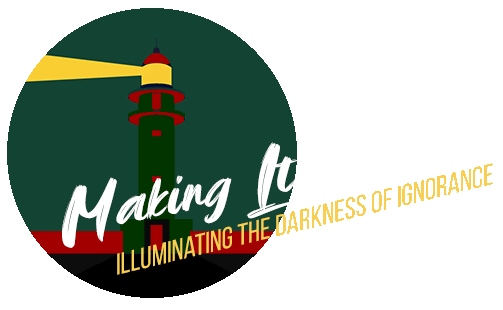
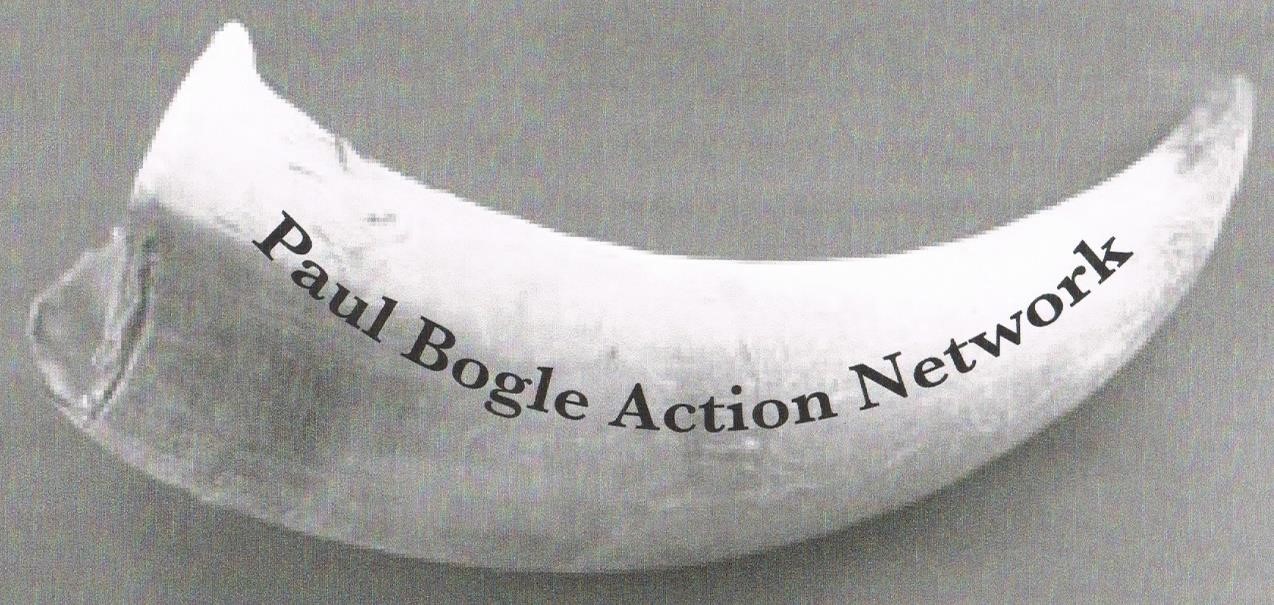
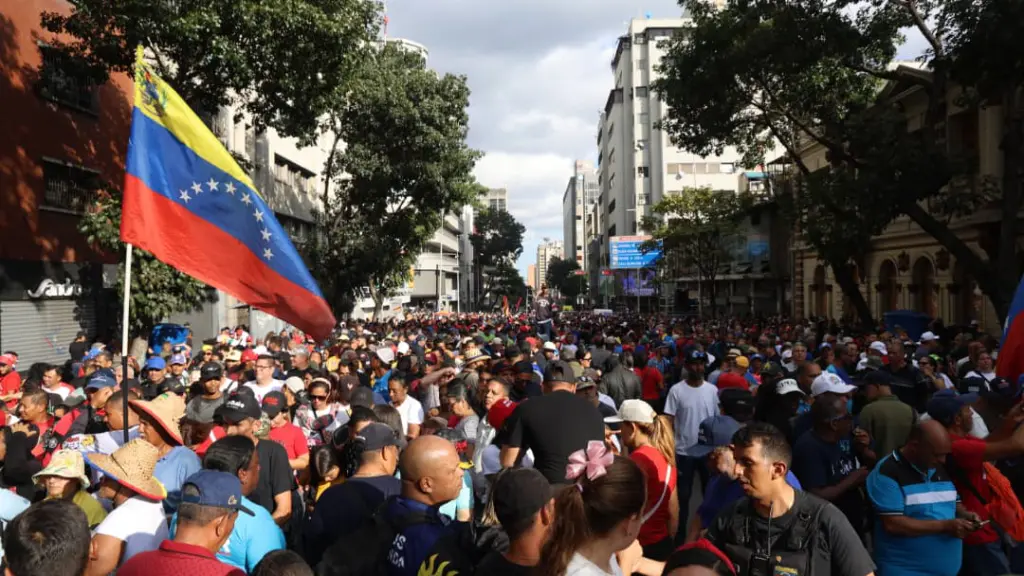
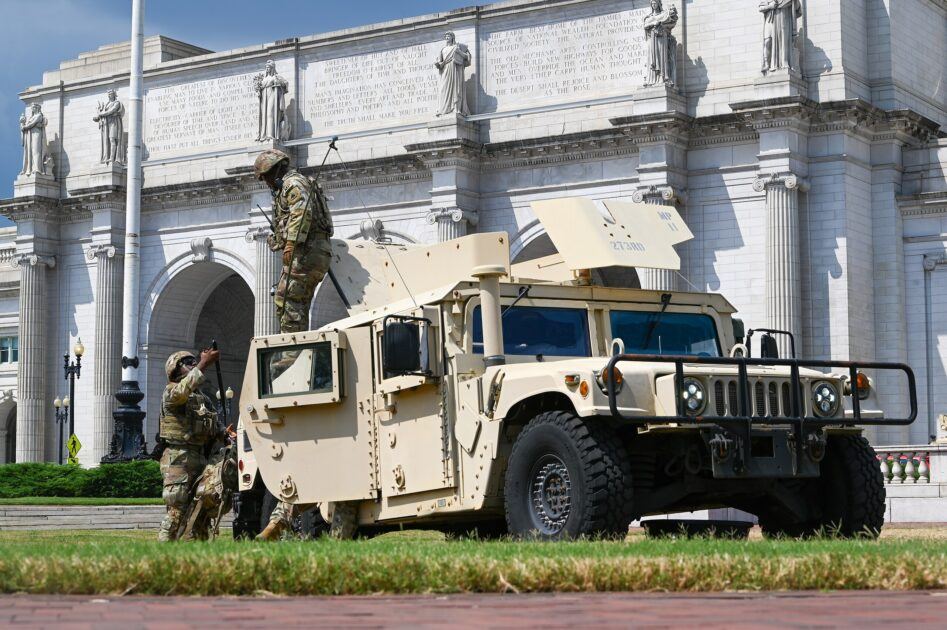

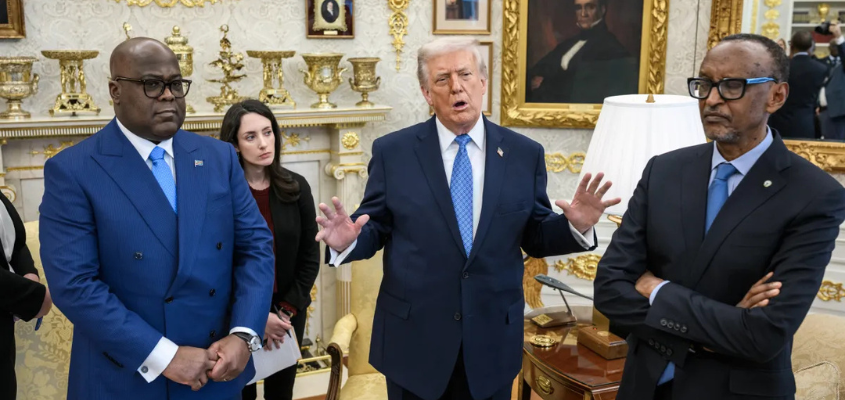
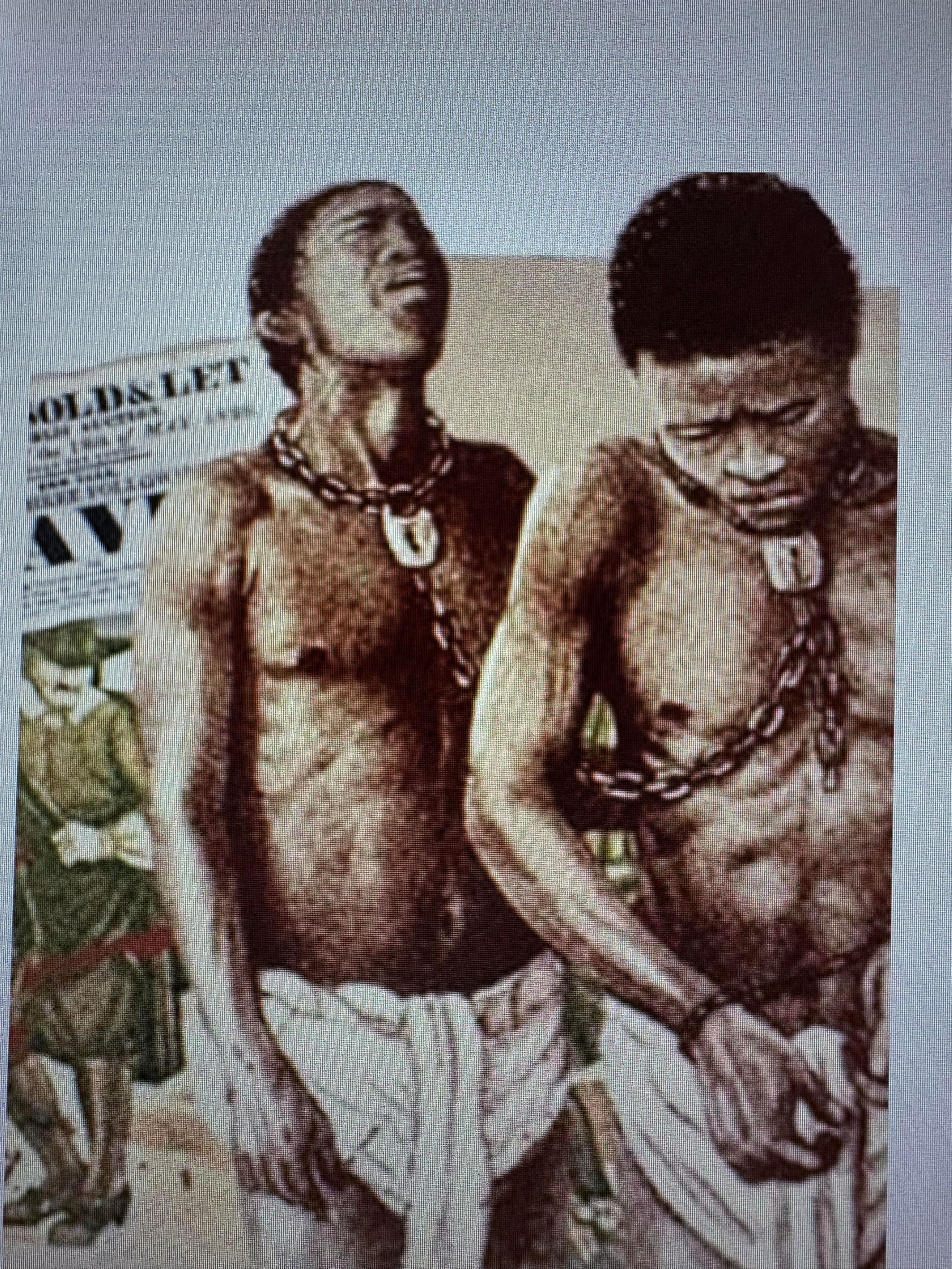

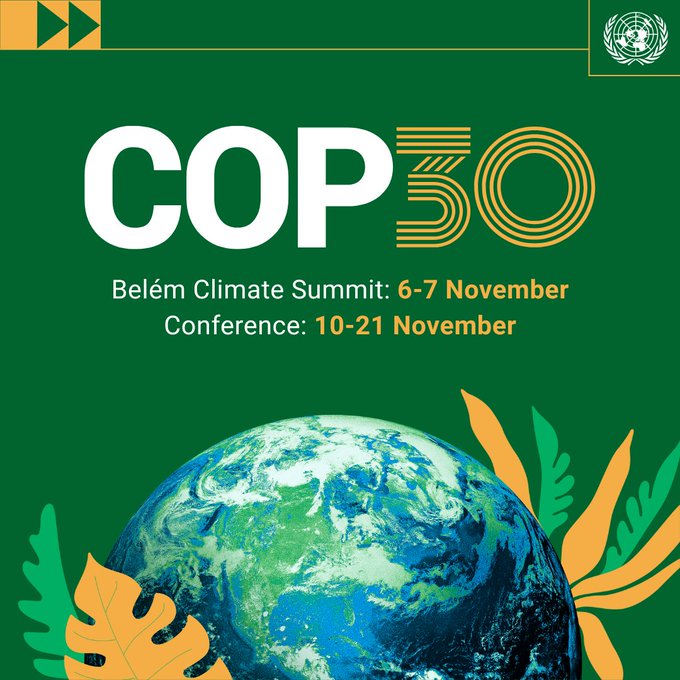

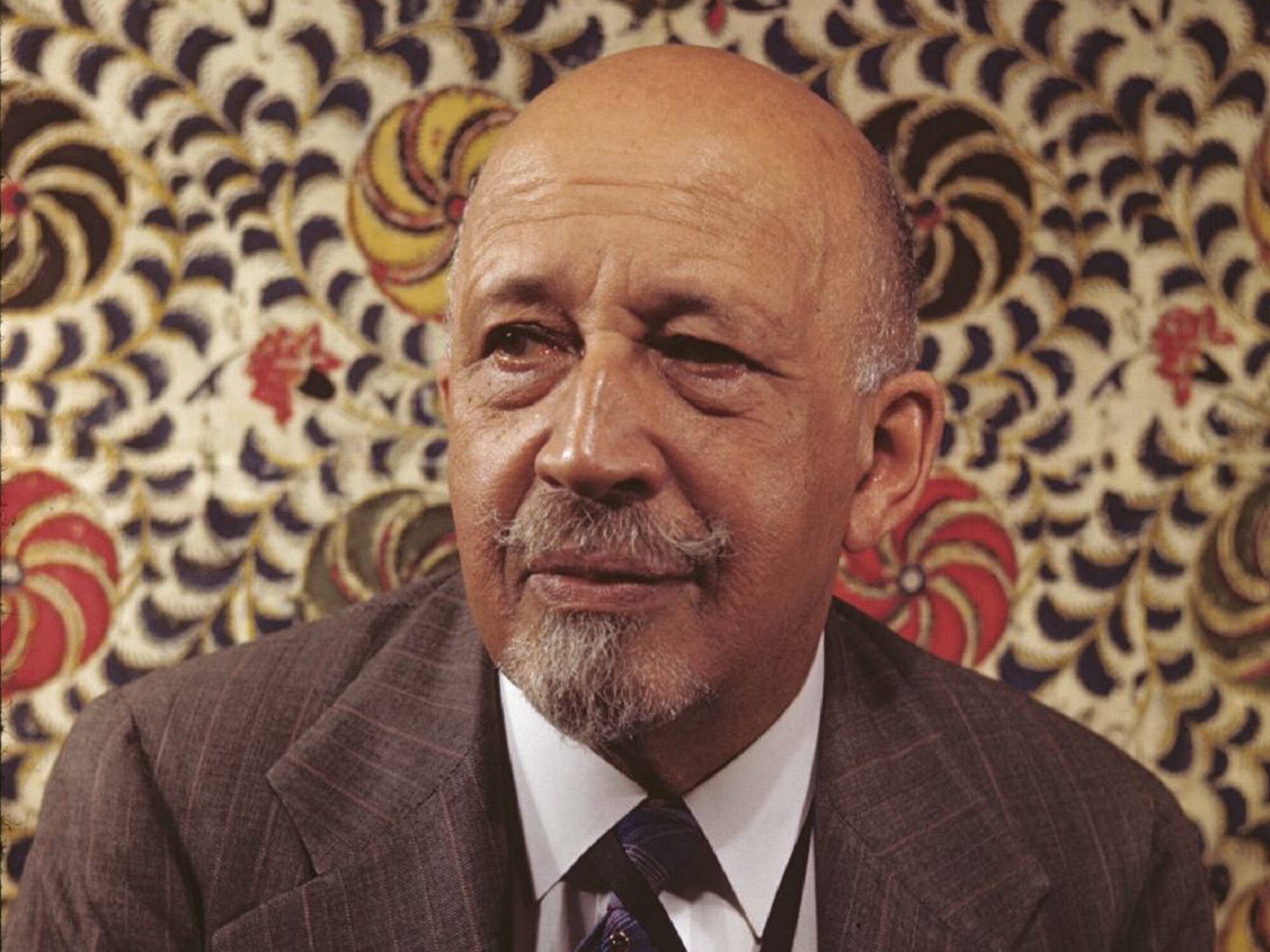

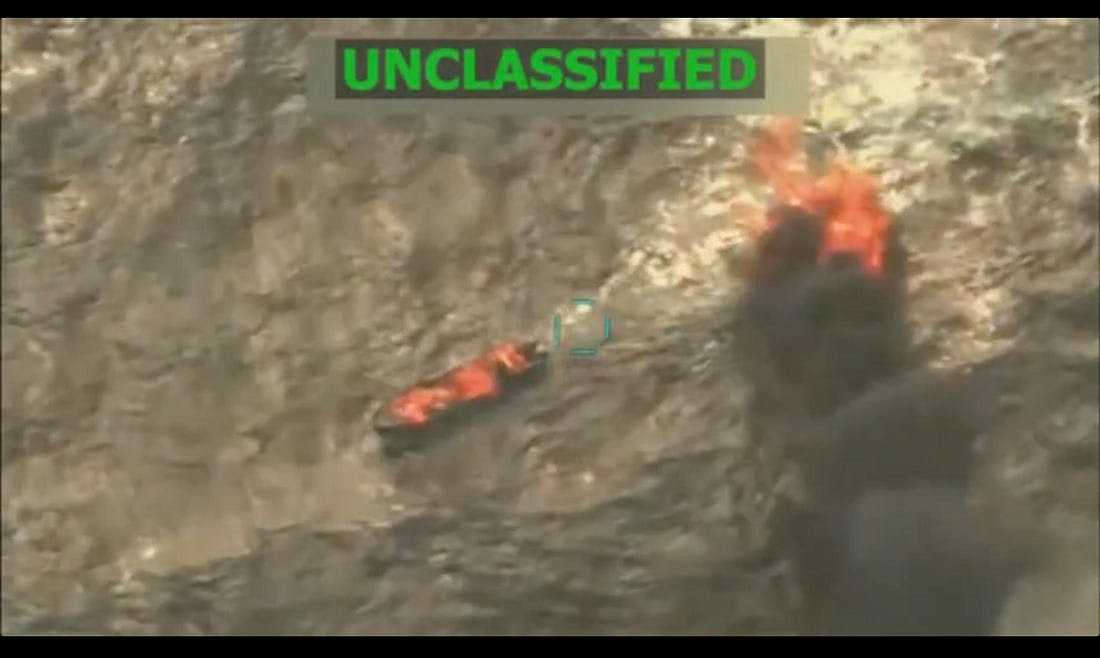
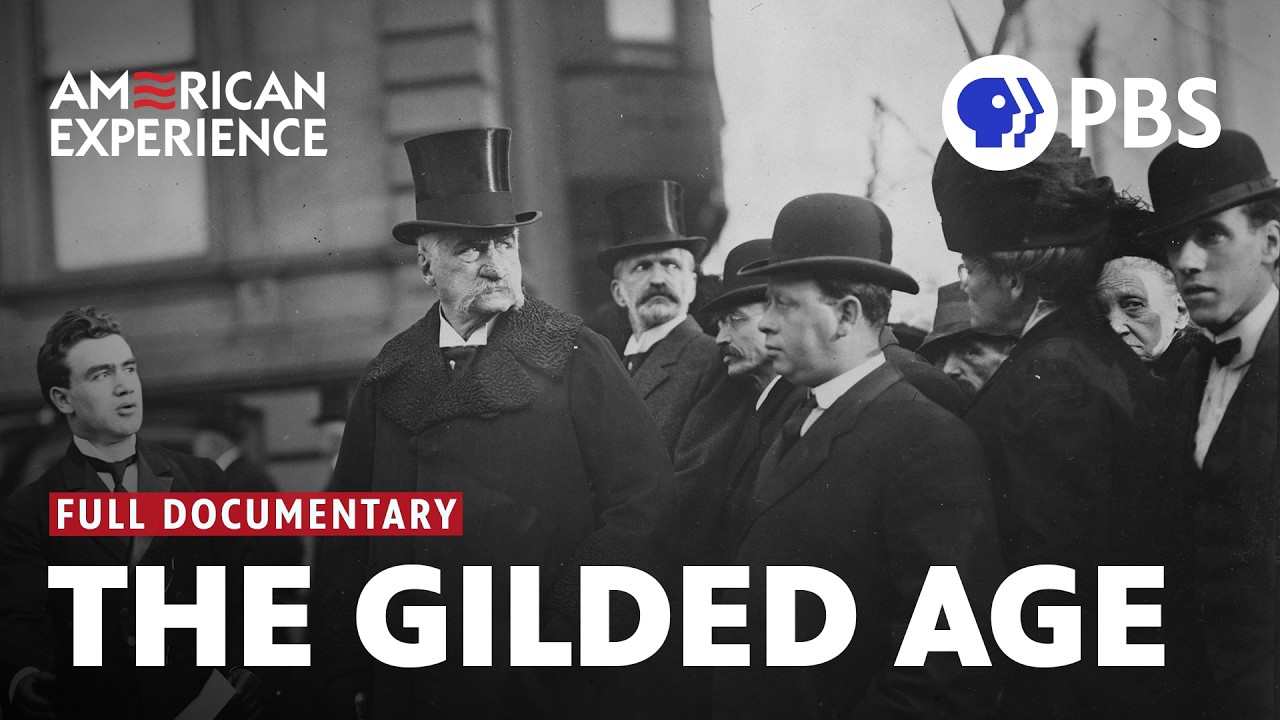
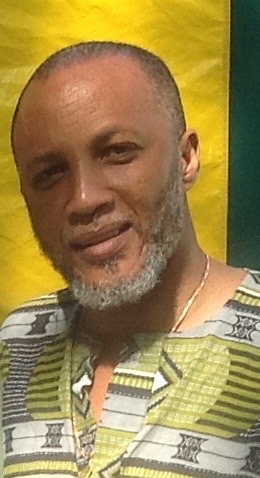
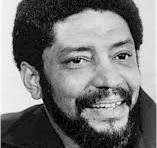
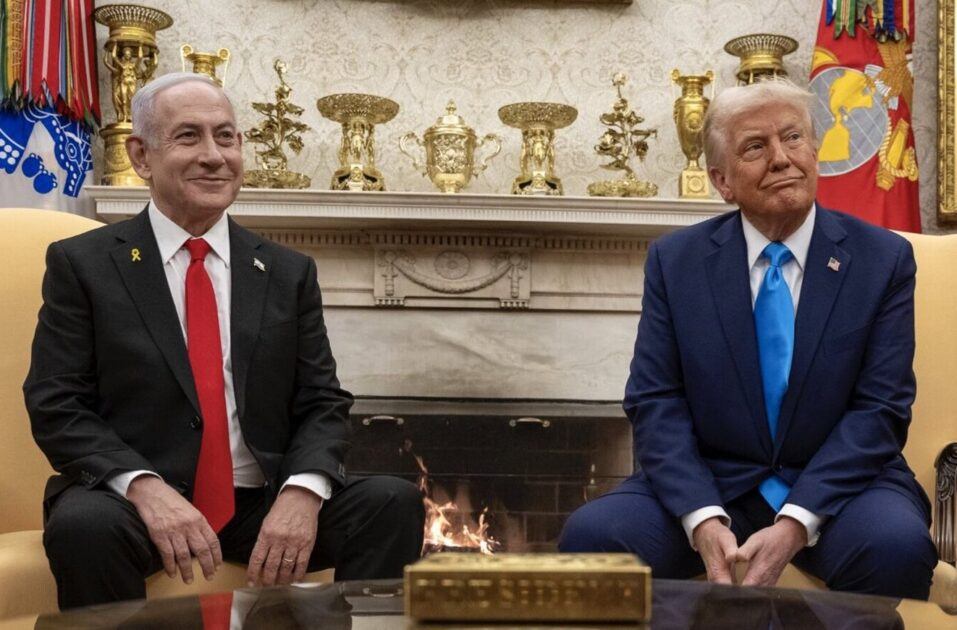

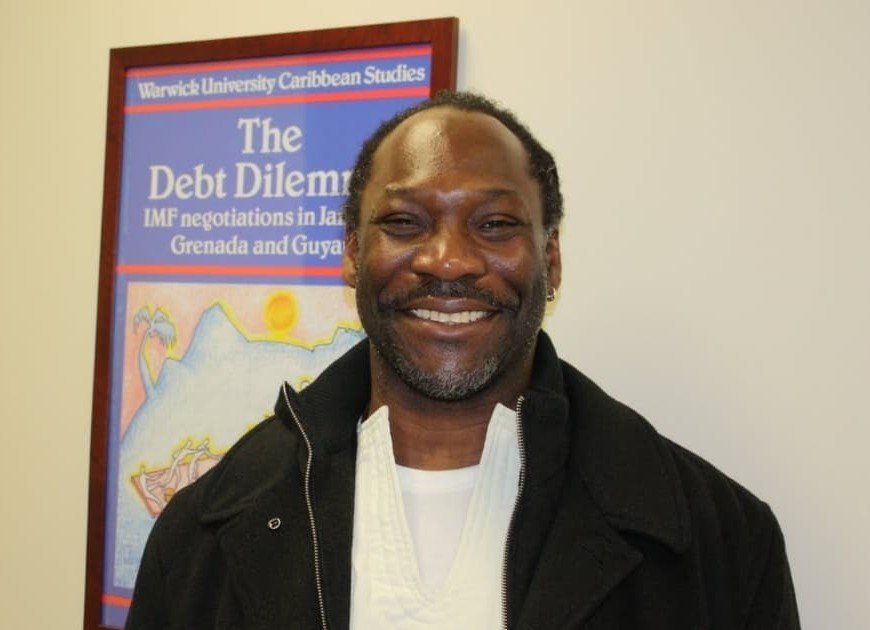
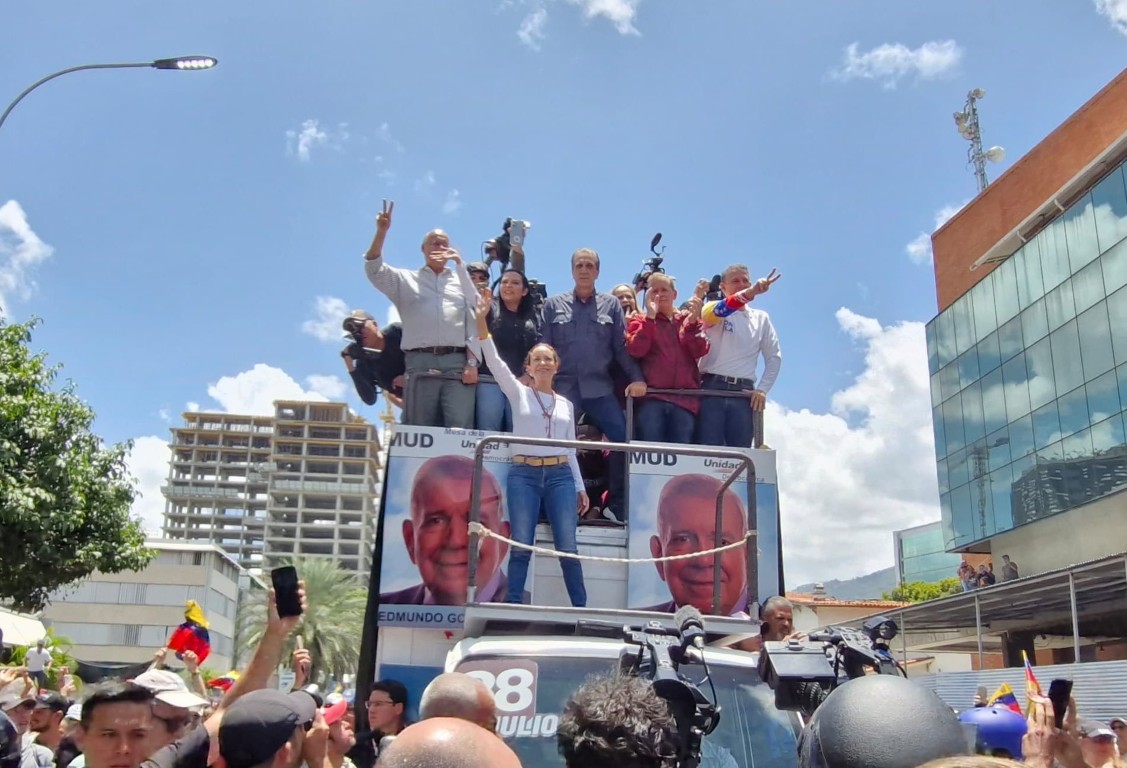
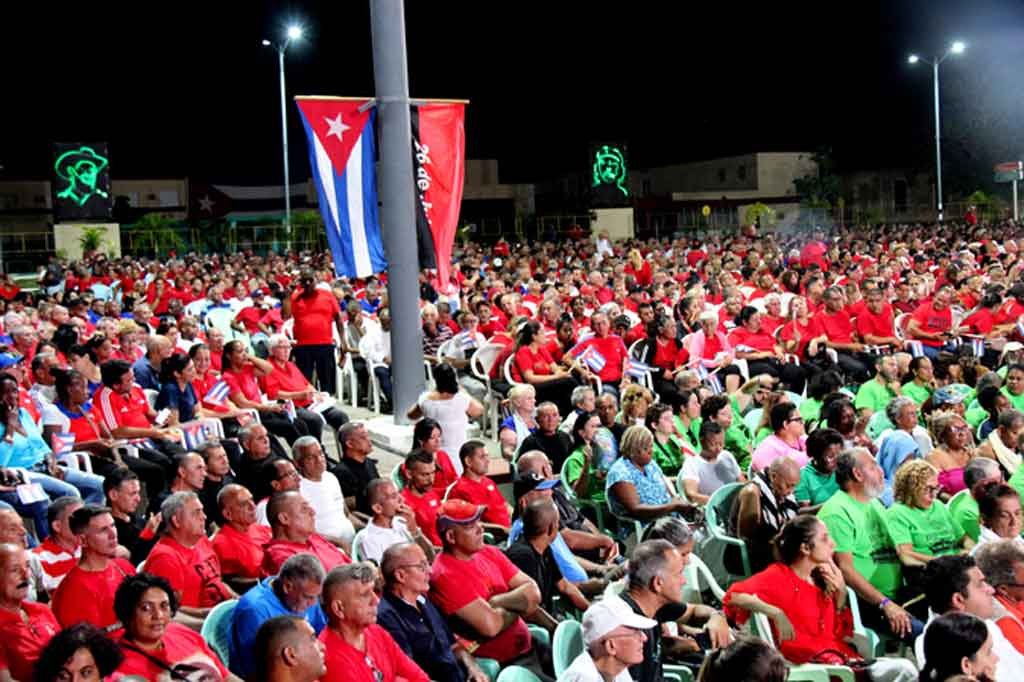
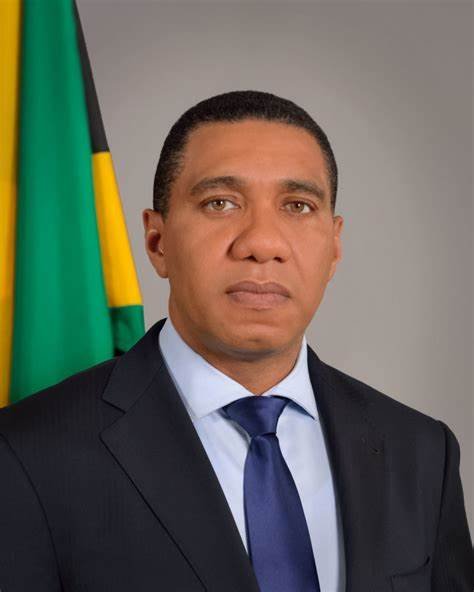
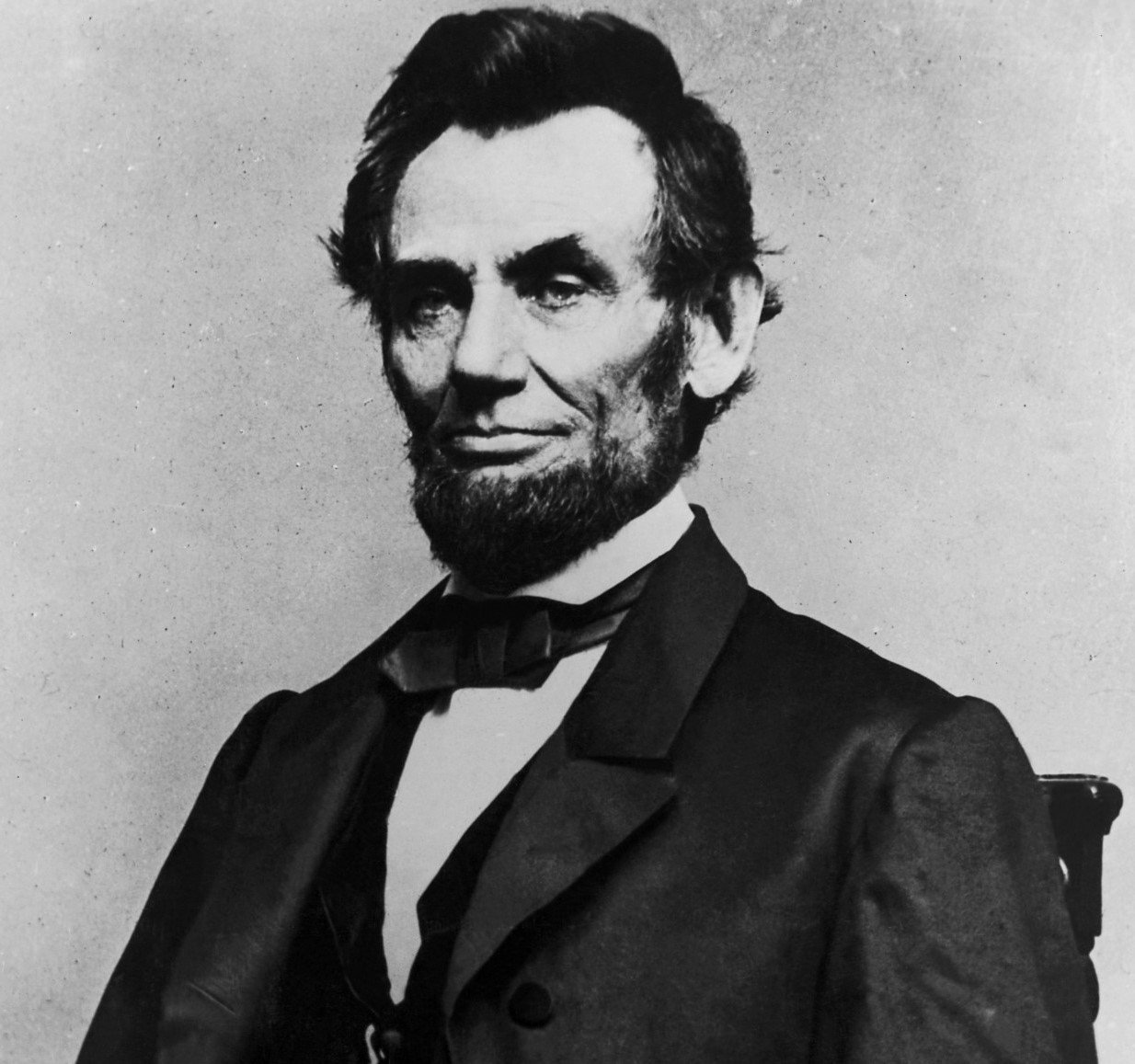
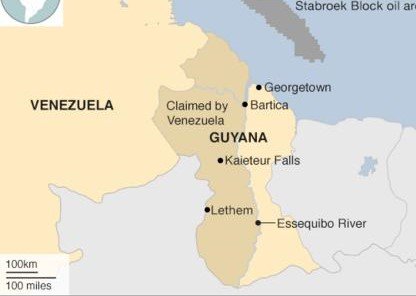
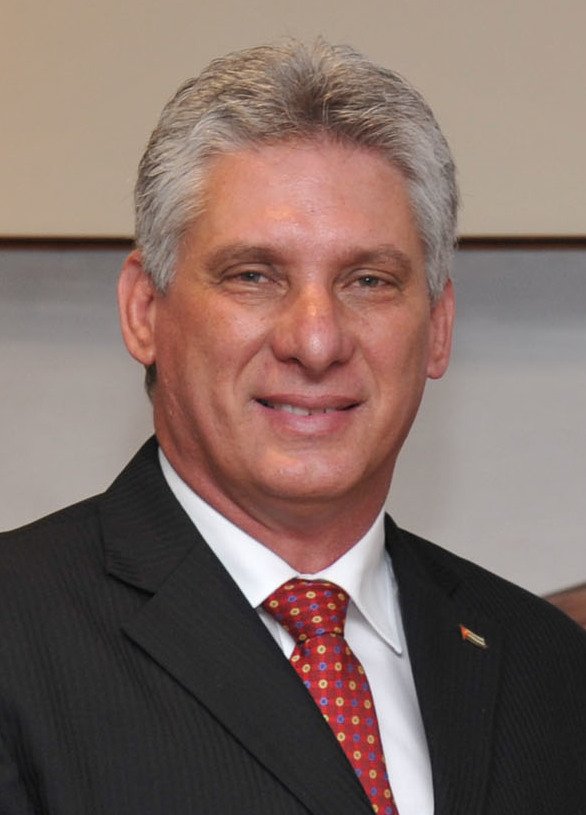
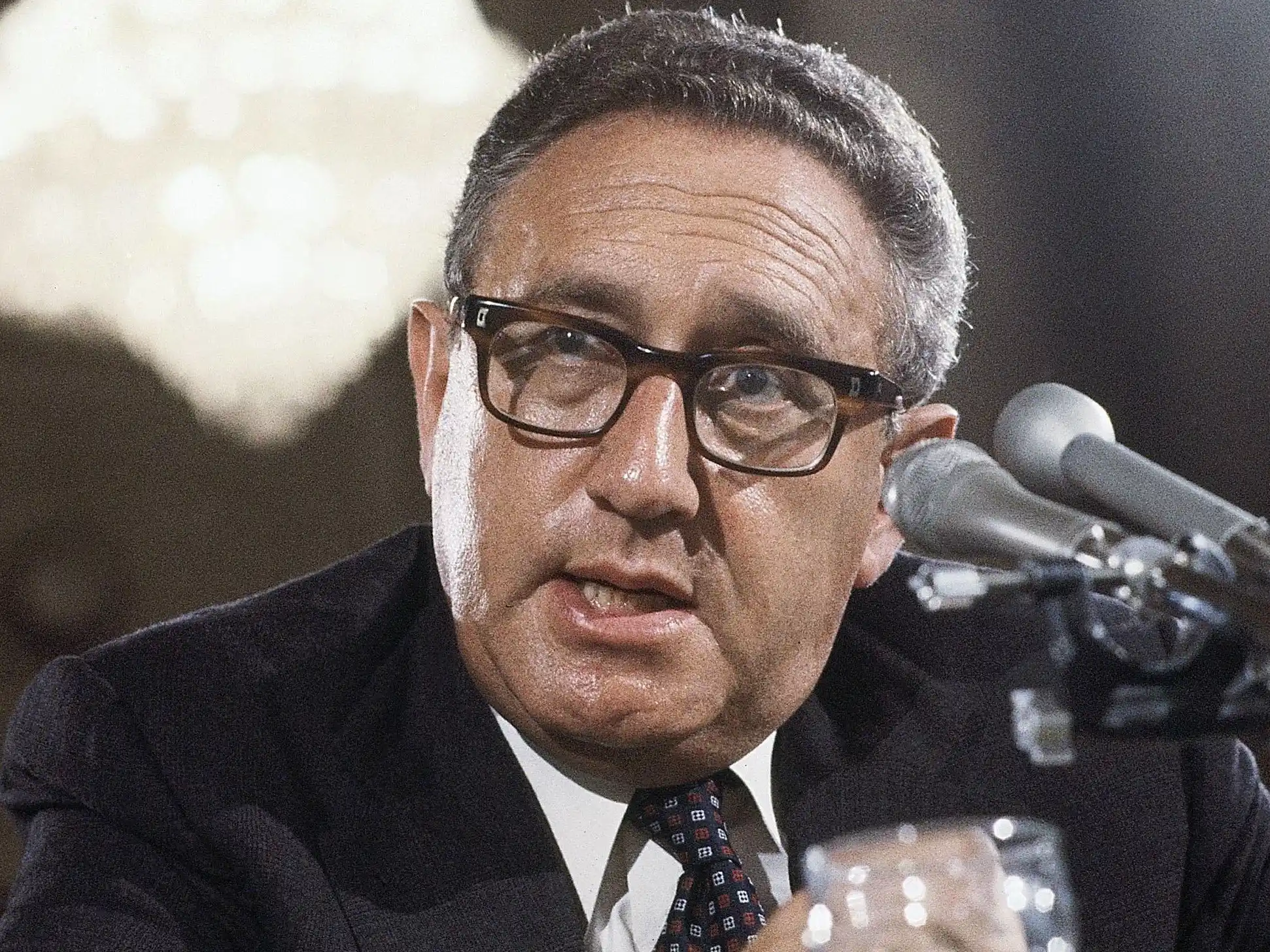
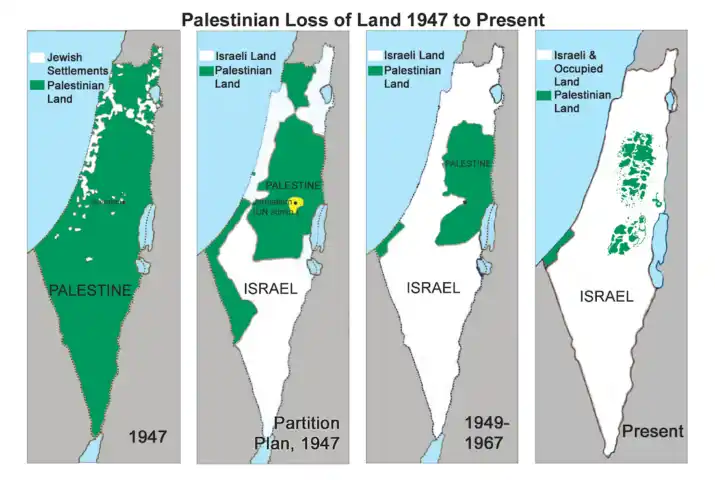
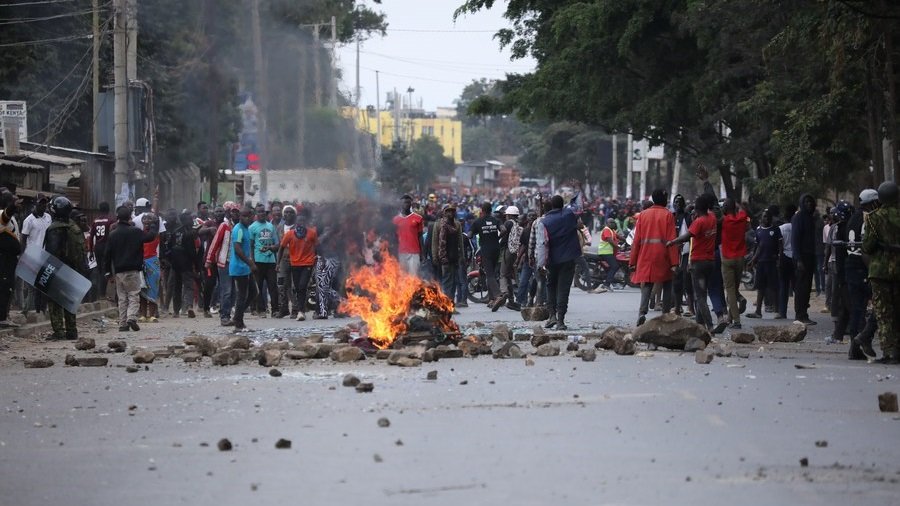
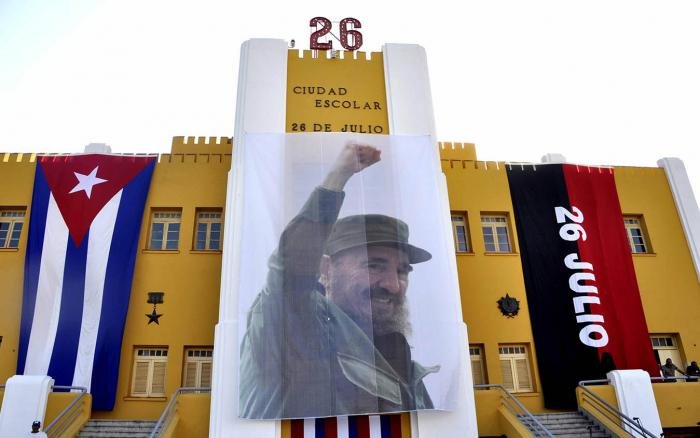
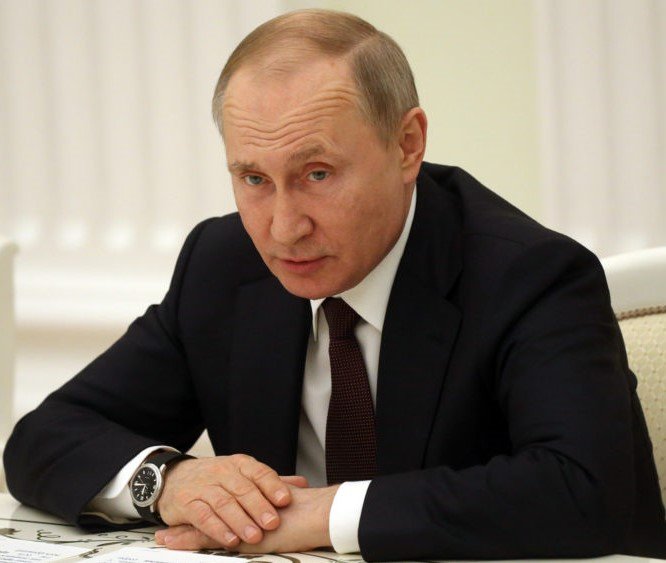
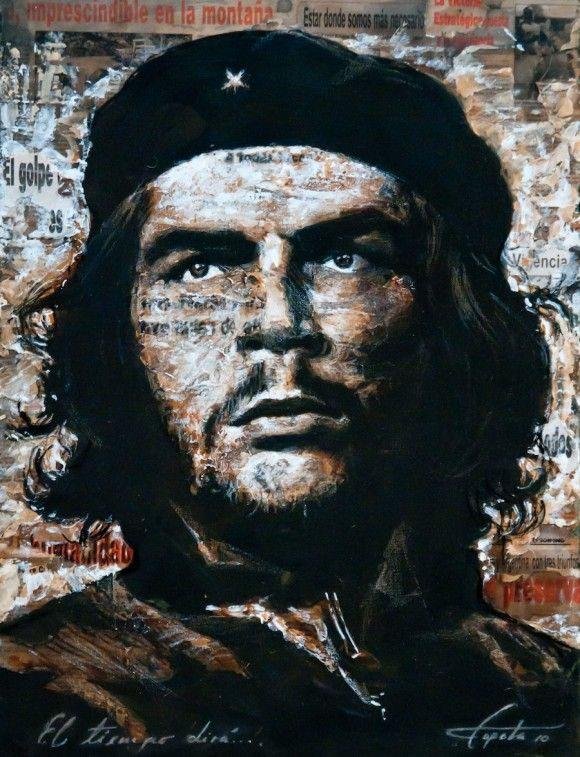
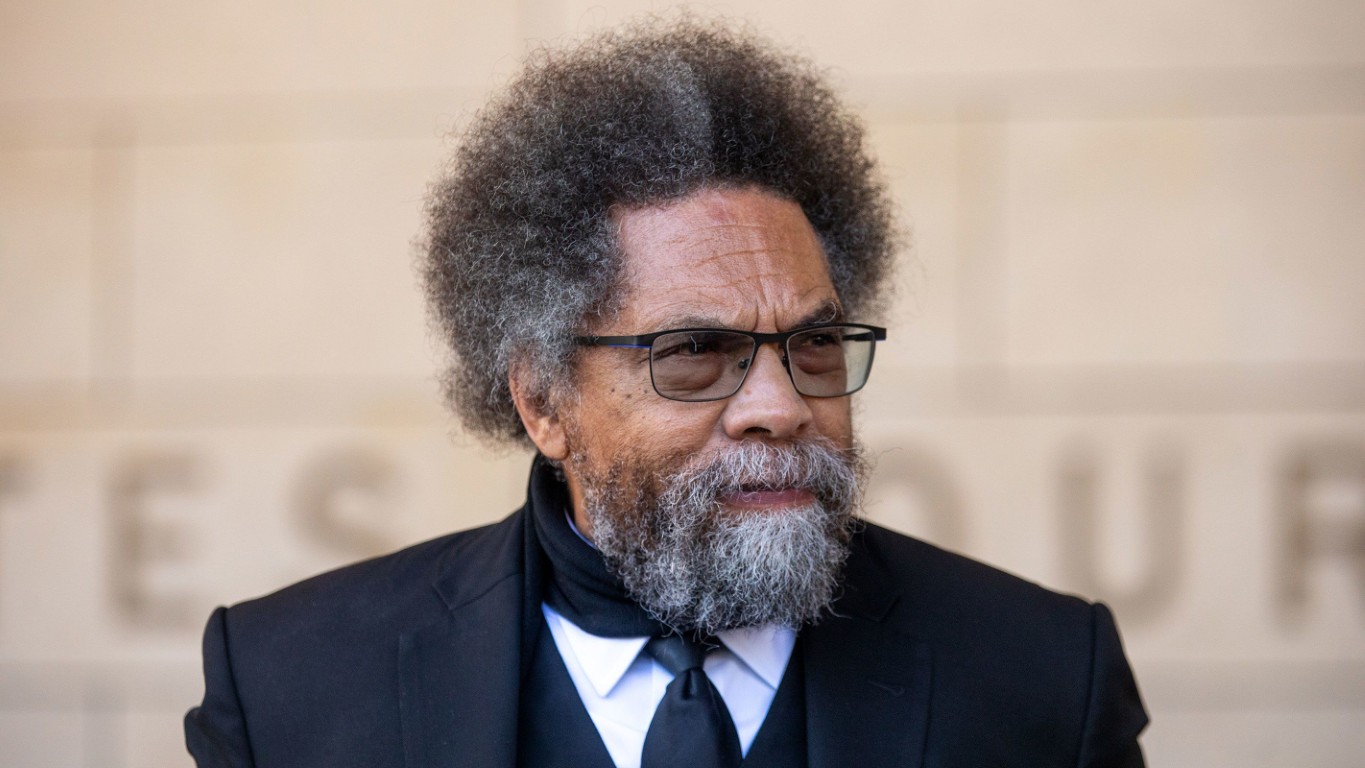
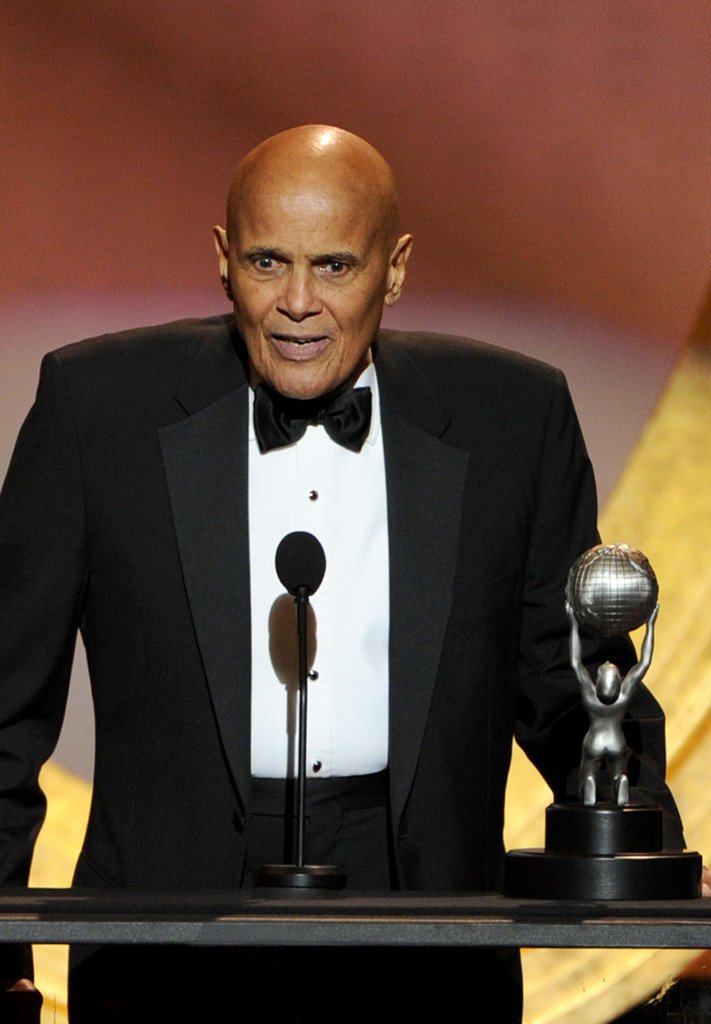

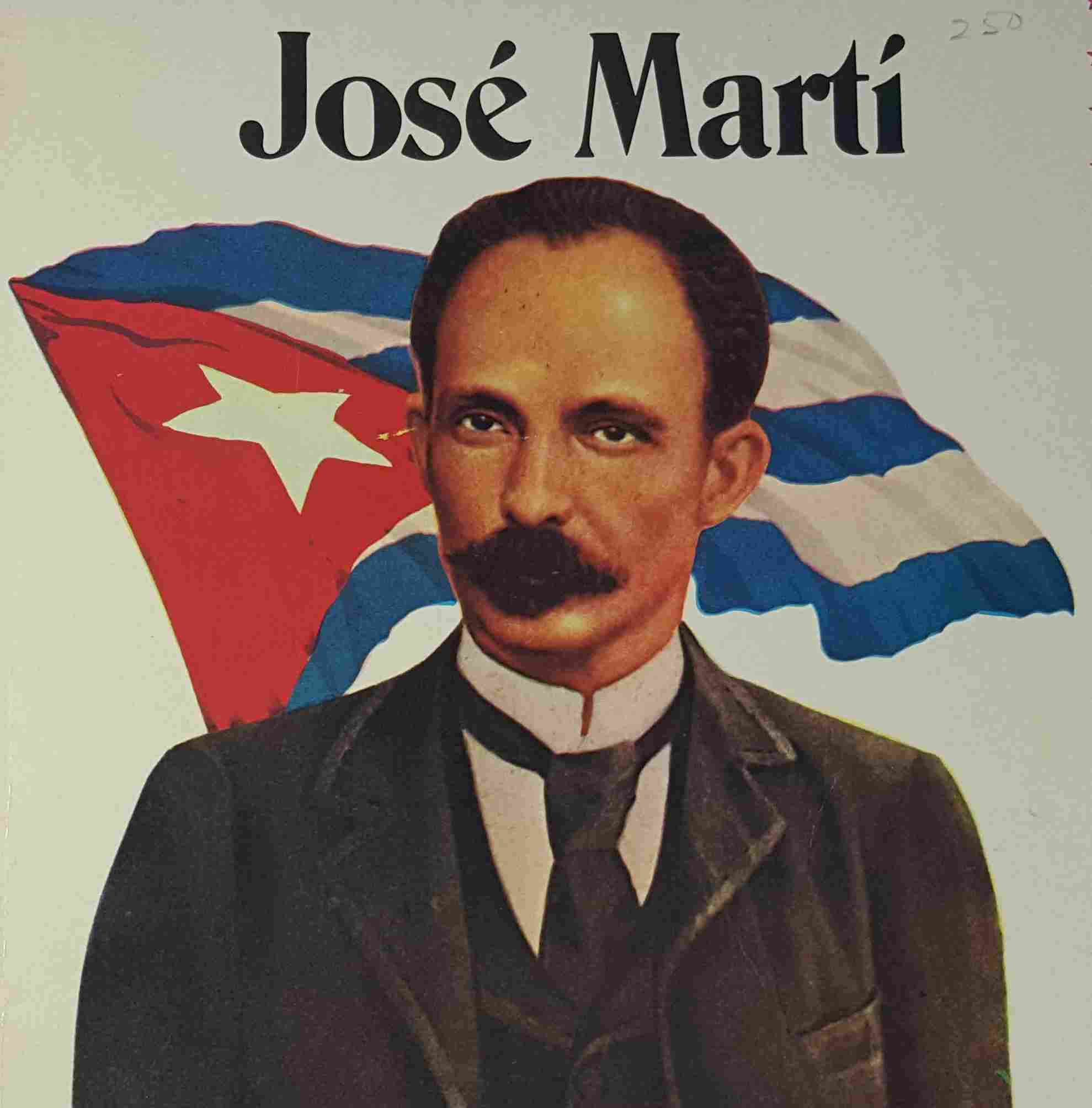
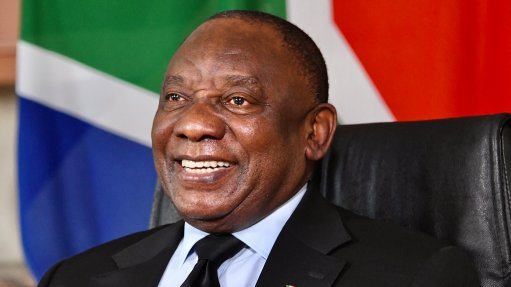

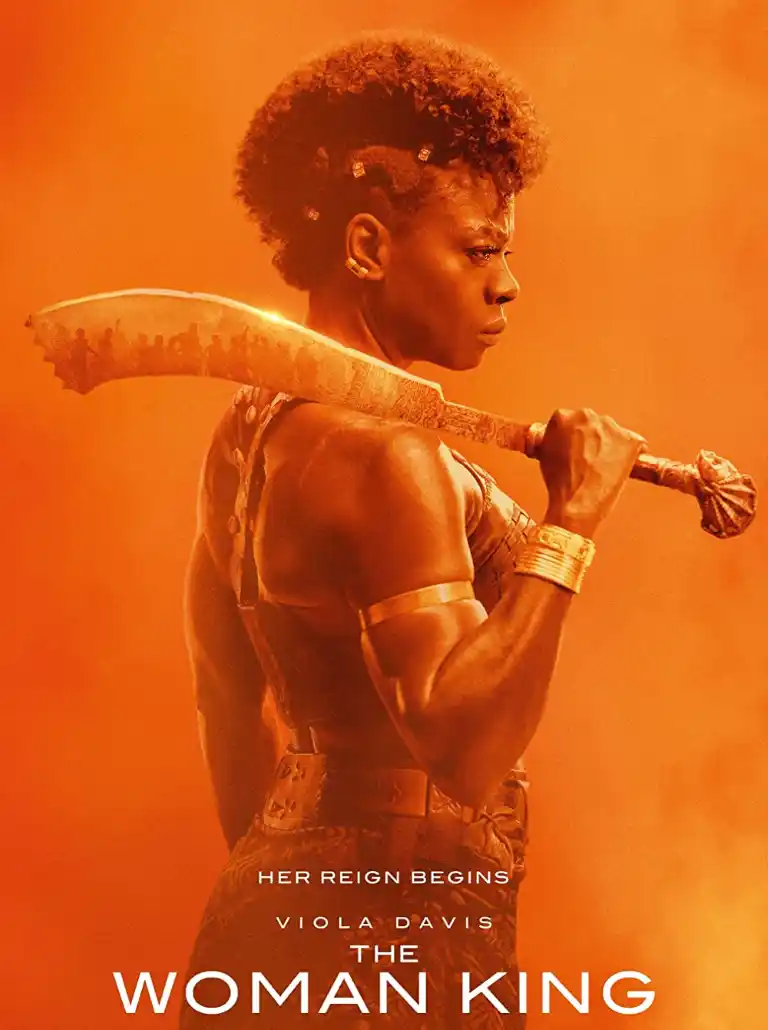
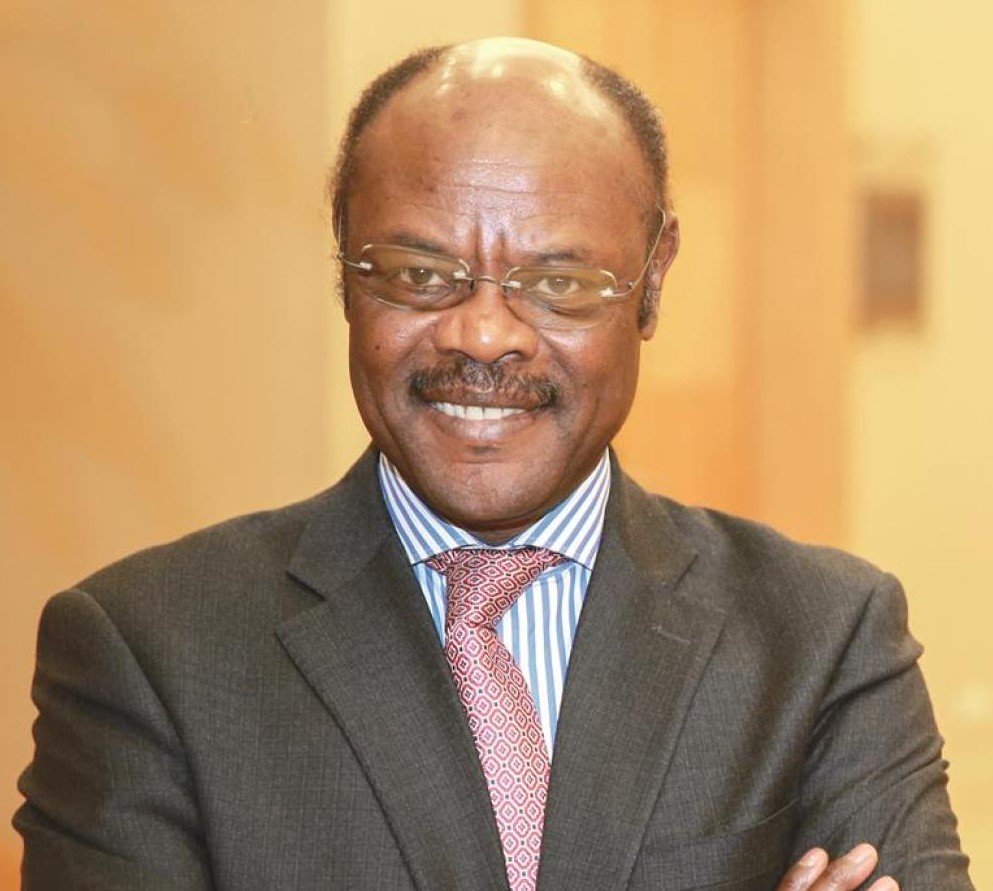
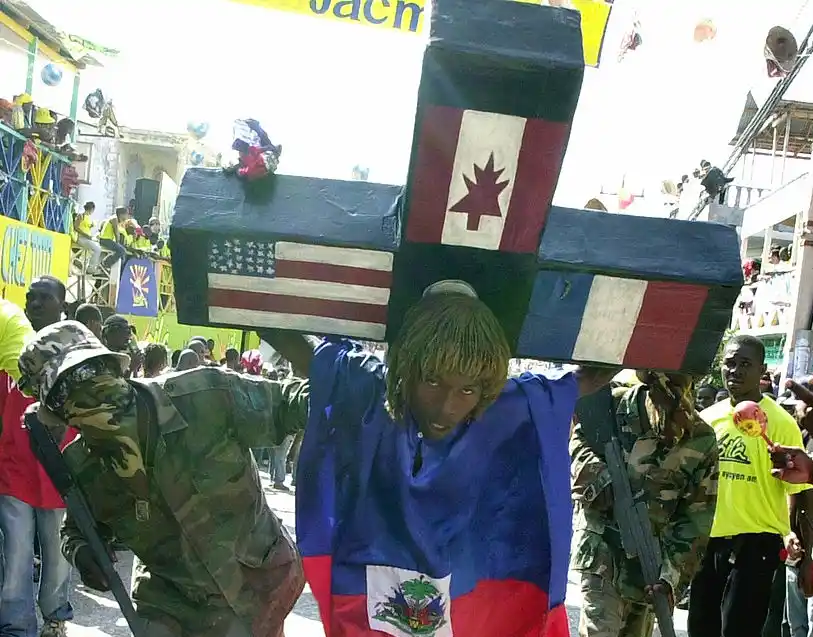
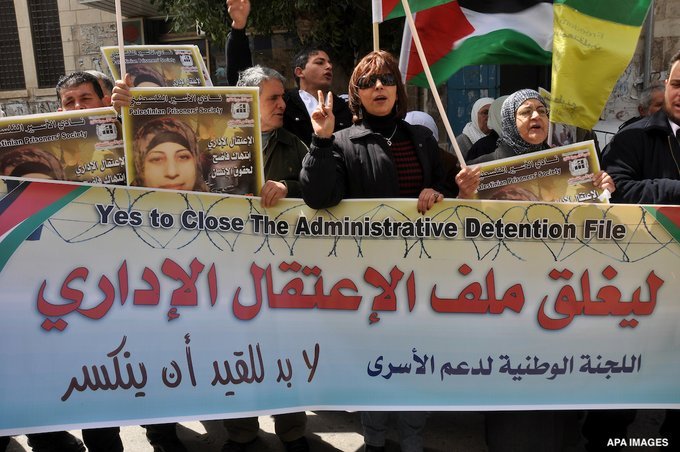
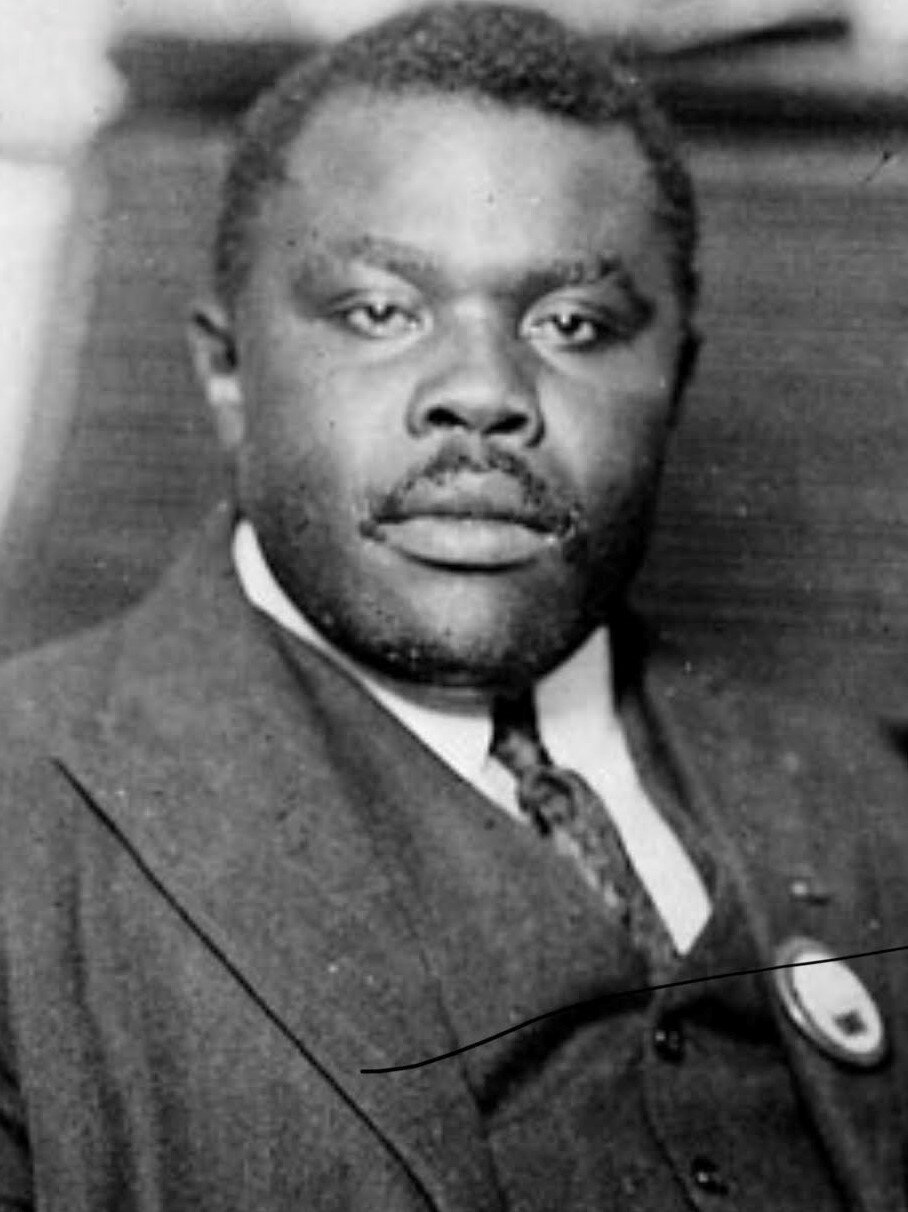
Share with your network